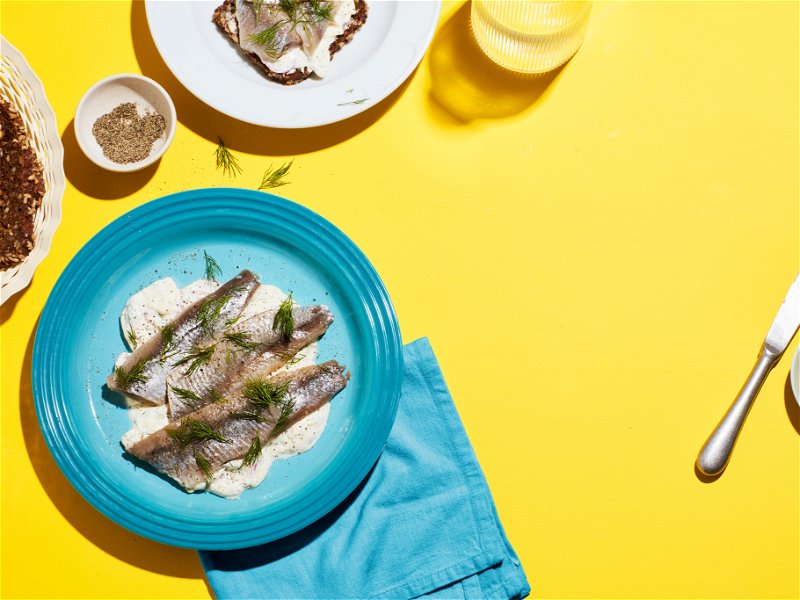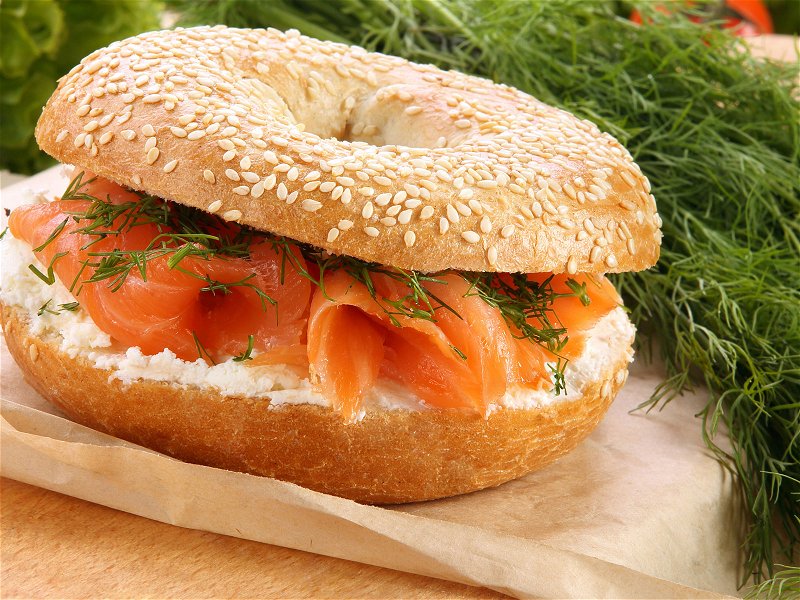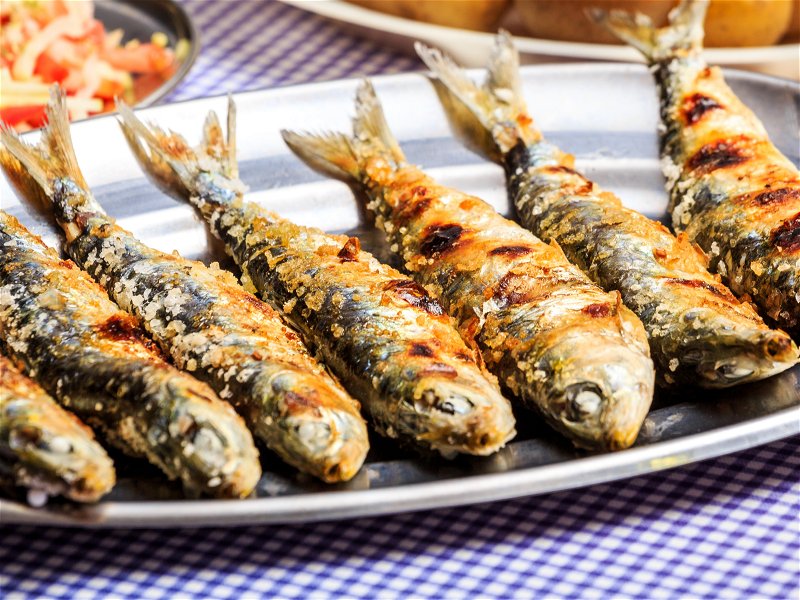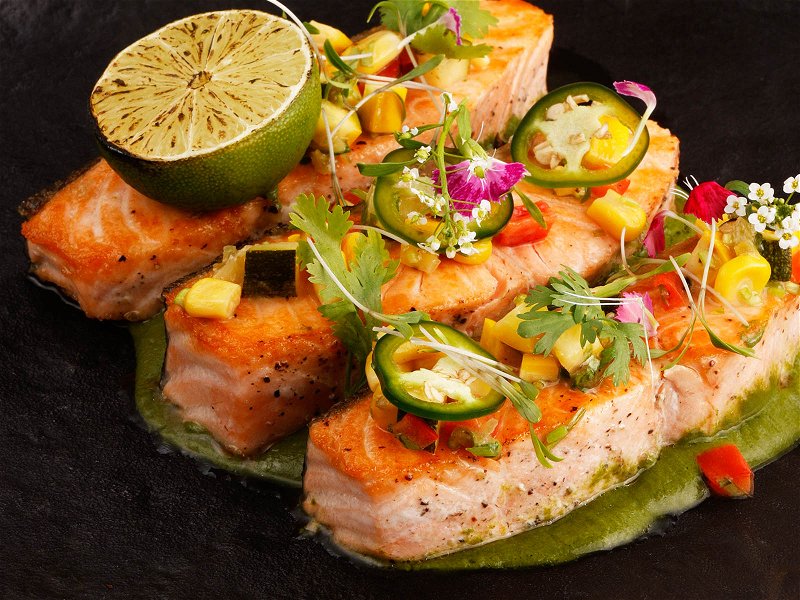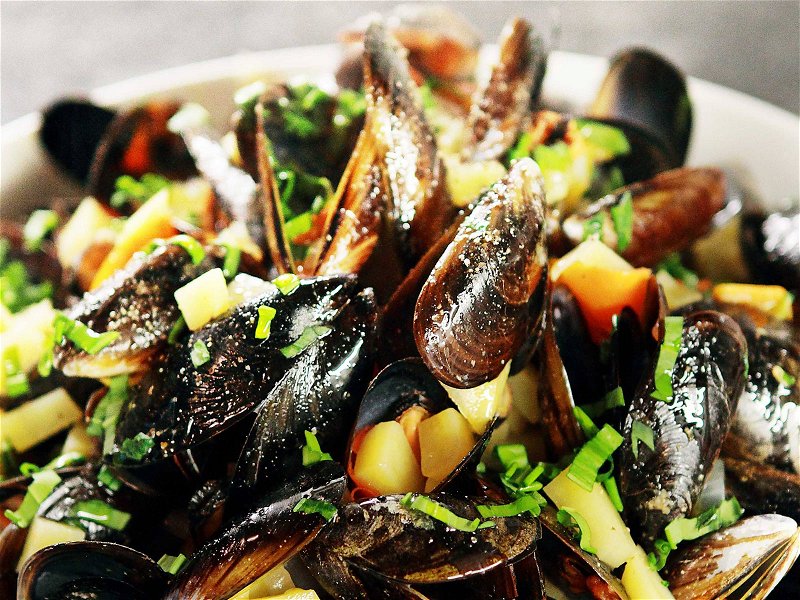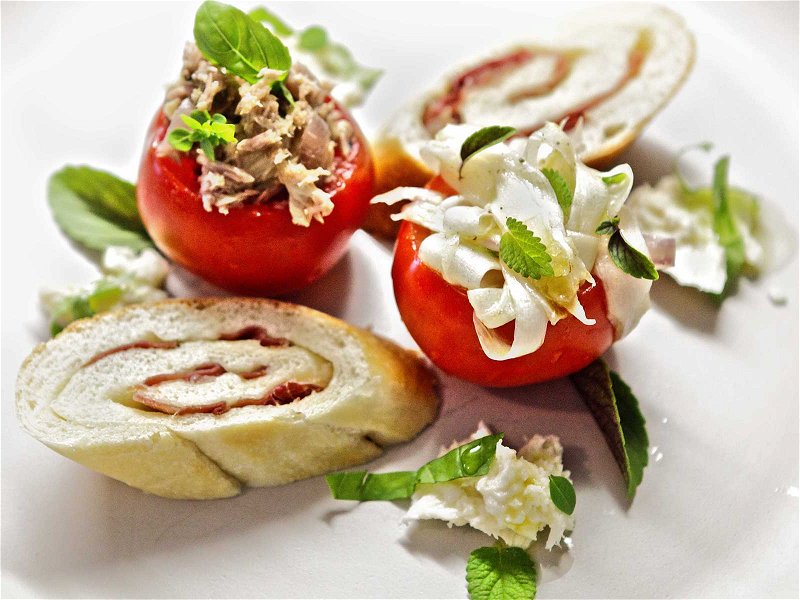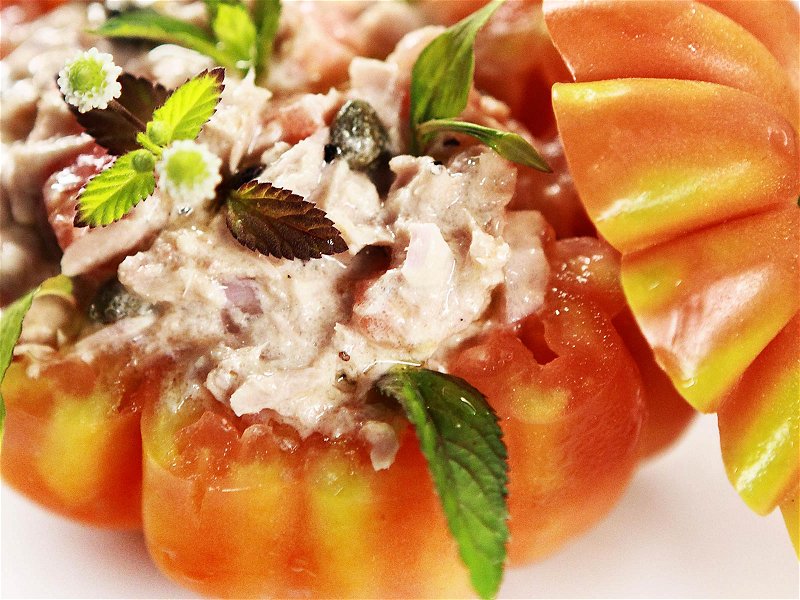Delicate mastermind: Can you still eat squid?
Octopuses are considered to be the brainiacs among sea creatures - which is precisely what makes their capture so worthy of discussion from an ethical point of view. They will soon be bred commercially. But can aquaculture really solve our octopus dilemma?
Tintenfische are one of those foods that have an intensity of flavor on vacation that you can only dream of at home. I only recently had to painfully realize this again when I returned to the cold light of my own four walls.
In fact, as I was pondering the different ways of preparing calamari, I noticed that the tentacle-bearer more complex contemporaries are more important than is generally known: It starts with the fact that they are rightly known to us on the menus of Greek restaurants and in Mediterranean cookbooks as Delicacy in literature and film, on the other hand, not infrequently lead to man-eating monsters that pull their prey into the depths with their slippery tentacles – as in Jules Verne's "20,000 Leagues Under the Sea" where you can find the most famous example of such a monster octopus.
What may have prompted the French writer to write this account and how much a post-holiday blues similar to mine may have played a part is unfortunately not known. What is certain, however, is that there is only one thing, if anything, that is bestial about squid: their intelligence.
Brain in the whole body
Compared to other invertebrates, they are true geniuses and have a similarly high IQ as dogs, cats, birds and even lower primates, which enables octopuses to perform impressive feats: for example, they can count, unscrew containers, use tools and even distinguish between individual humans.
However, the really interesting aspect is not how smart octopuses are, but to what extent: Roughly speaking, an octopus has the same number of additional brains as it has tentacles. How so? Well, while the brain volume of us humans has tripled over the course of hundreds of thousands of years compared to our fossil ancestors, the thinking apparatus of the octopus has been distributed over its entire body, so that today 60 percent of the nerve cells of this extraordinary mollusc are decentralized in its tentacles. An octopus therefore has a total of nine brains. Each of them is able to act independently in search of food. This is also the reason why the animal's movements often seem so uncoordinated to us.
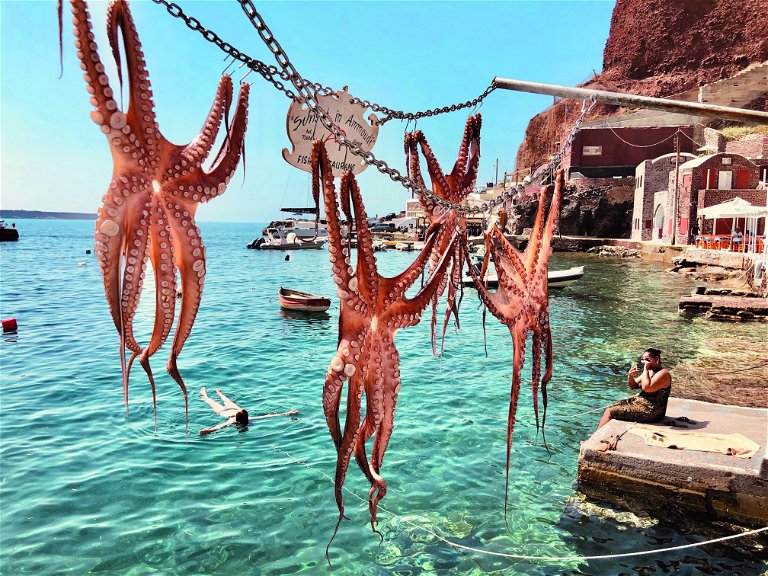
The autonomy of the tentacles even goes so far that they can react to stimuli even after they have been separated from the rest of the body. Which brings us back to the consumption of squid.
Torturous fishing method
The fact that their skull is not the central control element is the crux of the matter when catching octopuses and makes it virtually impossible to stun them quickly and painlessly with a blow to the head like a fish. The gentlest way to execute an octopus is to expose it to extreme cold. Just like other molluscs, it has no endogenous temperature regulation, so it quickly loses consciousness at extreme temperatures.
In small-scale fishing in particular, however, it is still common practice to kill the animals by hitting their mantle bag endlessly with full force on a solid surface or brutally turning it inside out. Both methods are equally cruel. This also applies to the way in which squid are caught. A not insignificant part of their population is still hunted with bottom trawls, which is to be condemned per se, because the use of these huge fishing tools weighing several tons causes great damage to underwater habitats.
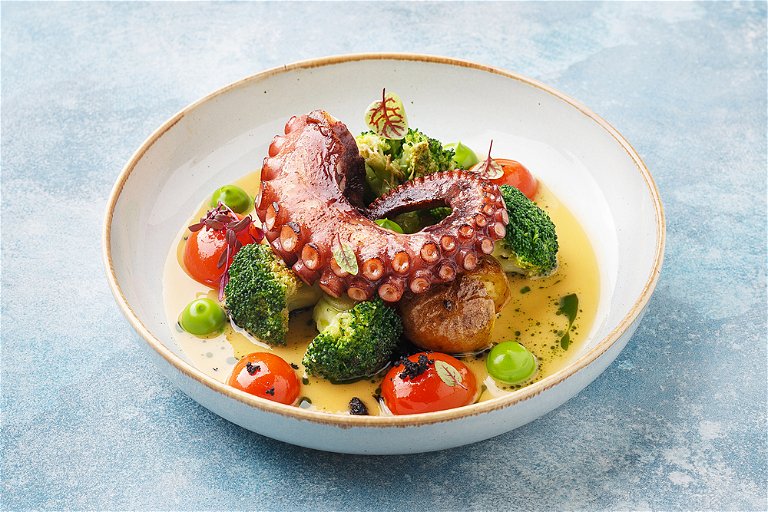
Traps or clay jugs weighted down with a stone are gentler on the vegetation and the inhabitants of the seabed - and, at first glance, also on the squid – but only until the fishermen try to get their catch out again. To get the octopus to release its trap, fishermen often burn the animal with bleach. If you are as sensitive as I am, you will have lost your appetite for octopus by now at the latest. So what to do?
Would be aquaculture i.e. the targeted breeding of squid, a solution to meet human demand for the animals? A large proportion of fish, mussels and shrimps now come from farms. Spain's largest fishing company, Nueva Pescanova, also wants to use this method for octopods.
World's first octopus farm
Some time ago, the company succeeded in reproducing octopuses in captivity. Until now, this was virtually impossible, and breeding the animals was considered extremely difficult – if only because octopus larvae only eat live food and adult specimens are naturally lone warriors.
In a multi-storey building in the port of Gran Canaria, Nueva Pescanova plans to breed the squid commercially in cages stacked close together, similar to factory chickens. The company wants to produce 3000 tons of protein-rich meat in this way. No wonder animal welfare organizations around the world are up in arms against these plans. Unlike other marine animals that are reared in aquacultures, the intelligent octopuses in their water tanks are aware of their hopeless situation. Experts also fear that the octopuses would eat each other or at least seriously injure each other in captivity due to their territorial way of life. All of this outweighs the argument of the proponents that the farm on the Canary Islands will contribute to fewer wild octopuses being caught.
Perhaps a first step towards improvement would be to simply limit the consumption of octopus to the time of year when it tastes best: on vacation.
Food consumption and morals
From now on, editor-in-chief Sebastian Späth will bewriting regularly about controversial delicacies and unethically produced foods, their origins and alternatives – without raising an admonishing finger, but with surprising background information and perspectives.
DON'T MISS OUT!
Sign up now for our newsletter.




